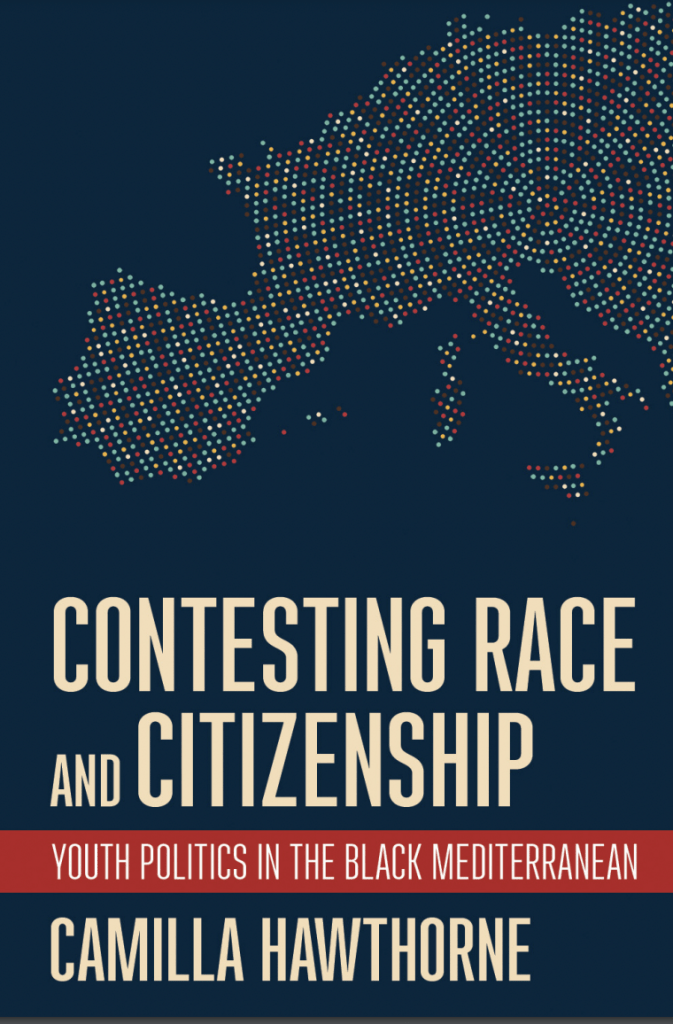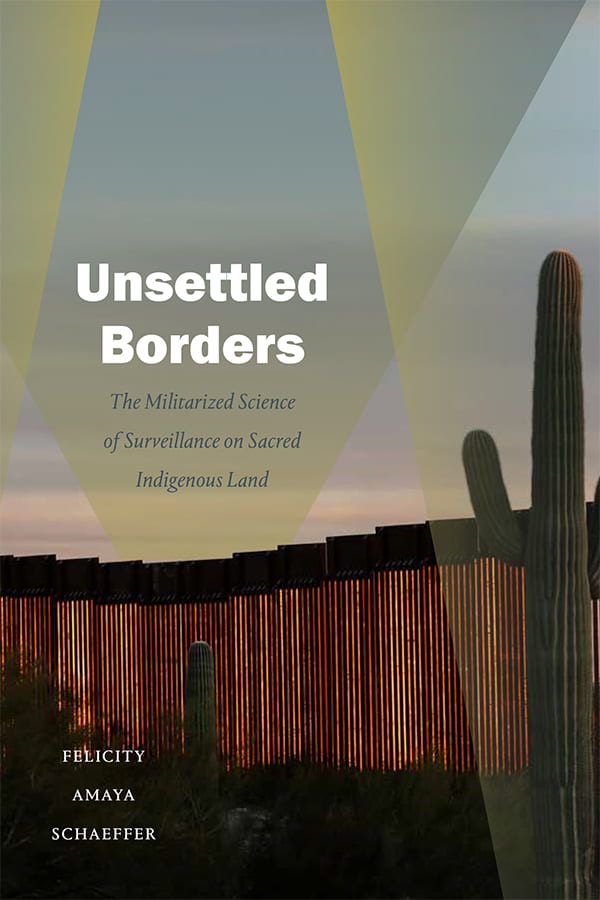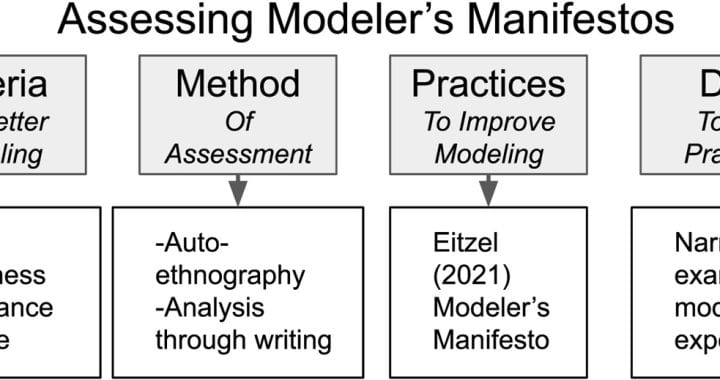Monday, May 22, 2023
1:00 – 3:00pm
Humanities 1, 210 + Zoom (Registration)

Contesting Race and Citizenship: Youth Politics in the Black Mediterranean (Cornell University Press, 2022)
Celebrate the launch of Associate Professor of Sociology Camilla Hawthorne’s new book, Contesting Race and Citizenship: Youth Politics in the Black Mediterranean (Cornell University Press, 2022)! Contesting Race and Citizenship explores the politics of Blackness and citizenship in Italy. It examines the ways in which the Italian-born children of African immigrants have mobilized for a reform of Italian citizenship law in the context of the Eurozone economic crisis and the southern European refugee emergency. The book represents one of the first ever in-depth studies of Black Italian political mobilizations in Italy. Associate Professor Marisol LeBrón (feminist studies) will provide a welcome, Graduate Student Theresa Hice-Fromille (sociology) will provide introductions, and Associate Professors Debbie Gould (sociology) and Savannah Shange (anthropology) will serve as discussants.
More information can be found at: https://www.cornellpress.cornell.edu/book/9781501762291/contesting-race-and-citizenship/.
The open-access ebook version can be downloaded at: https://d119vjm4apzmdm.cloudfront.net/open-access/pdfs/9781501762307.pdf
Camilla Hawthorne (she/they) is Associate Professor of Sociology and Critical Race & Ethnic Studies at UC Santa Cruz. She is a faculty affiliate of the Science & Justice Research Center, the Legal Studies Program, and the new Visualizing Abolition Certificate Program, and co-founded the UCSC Black Geographies Lab. Camilla also serves as program director and faculty member for the Black Europe Summer School in Amsterdam, The Netherlands. Her work addresses the racial politics of migration and citizenship and the insurgent geographies of the Black Mediterranean. Camilla is co-editor of the volumes The Black Mediterranean: Bodies, Borders, and Citizenship (Palgrave Macmillan, 2021) and The Black Geographic: Praxis, Resistance, Futurity (Duke University Press, forthcoming 2023), and is author of Contesting Race and Citizenship: Youth Politics in the Black Mediterranean (Cornell University Press, 2022).
Co-Sponsored by the departments of Critical Race and Ethnic Studies, Sociology, the History of Art of Visual Cultures’ Visual Media Cultures Colloquium series, and the Science & Justice Research Center.


